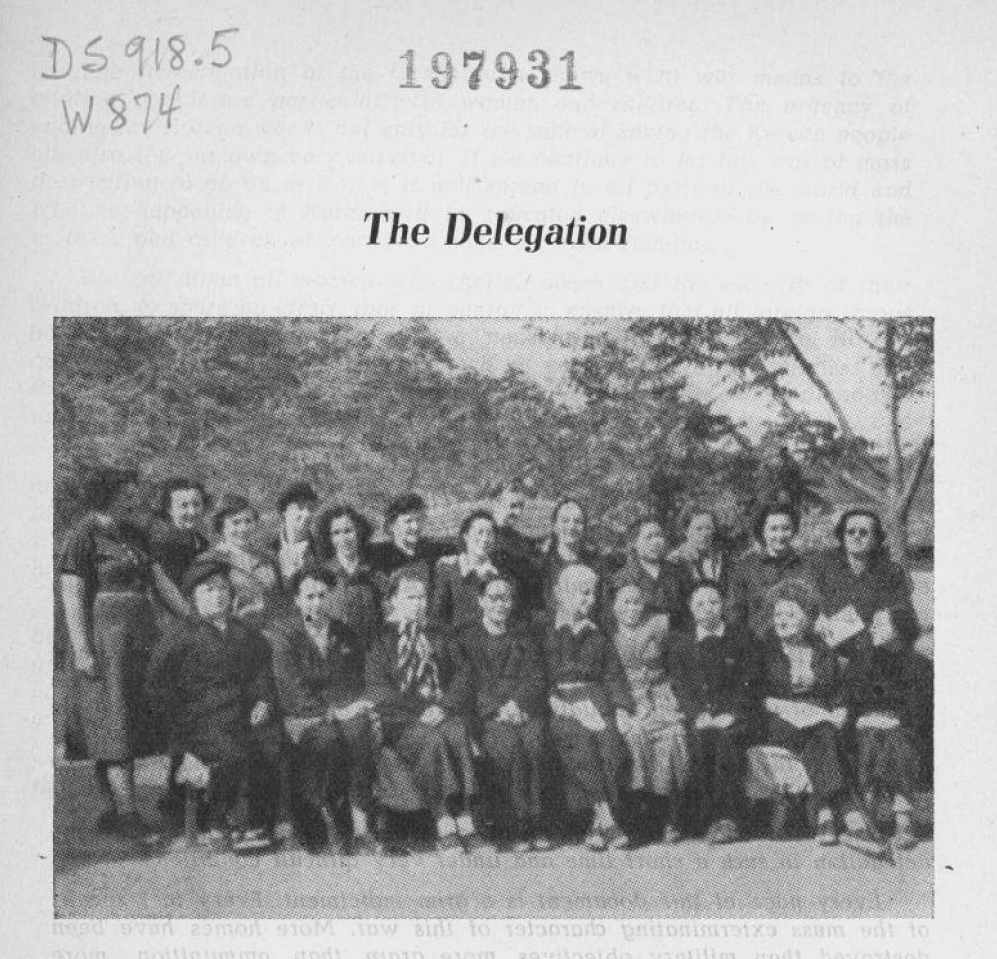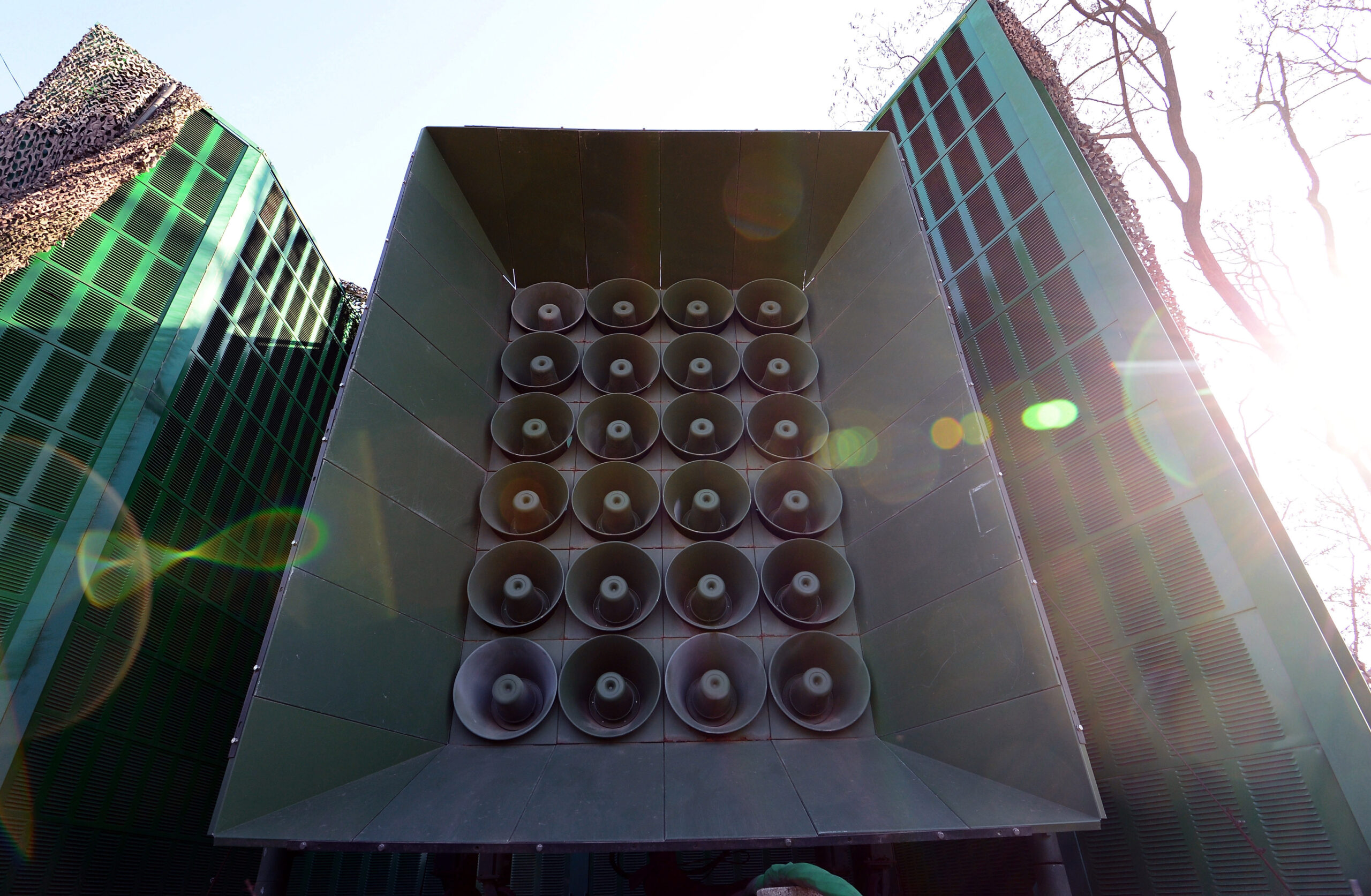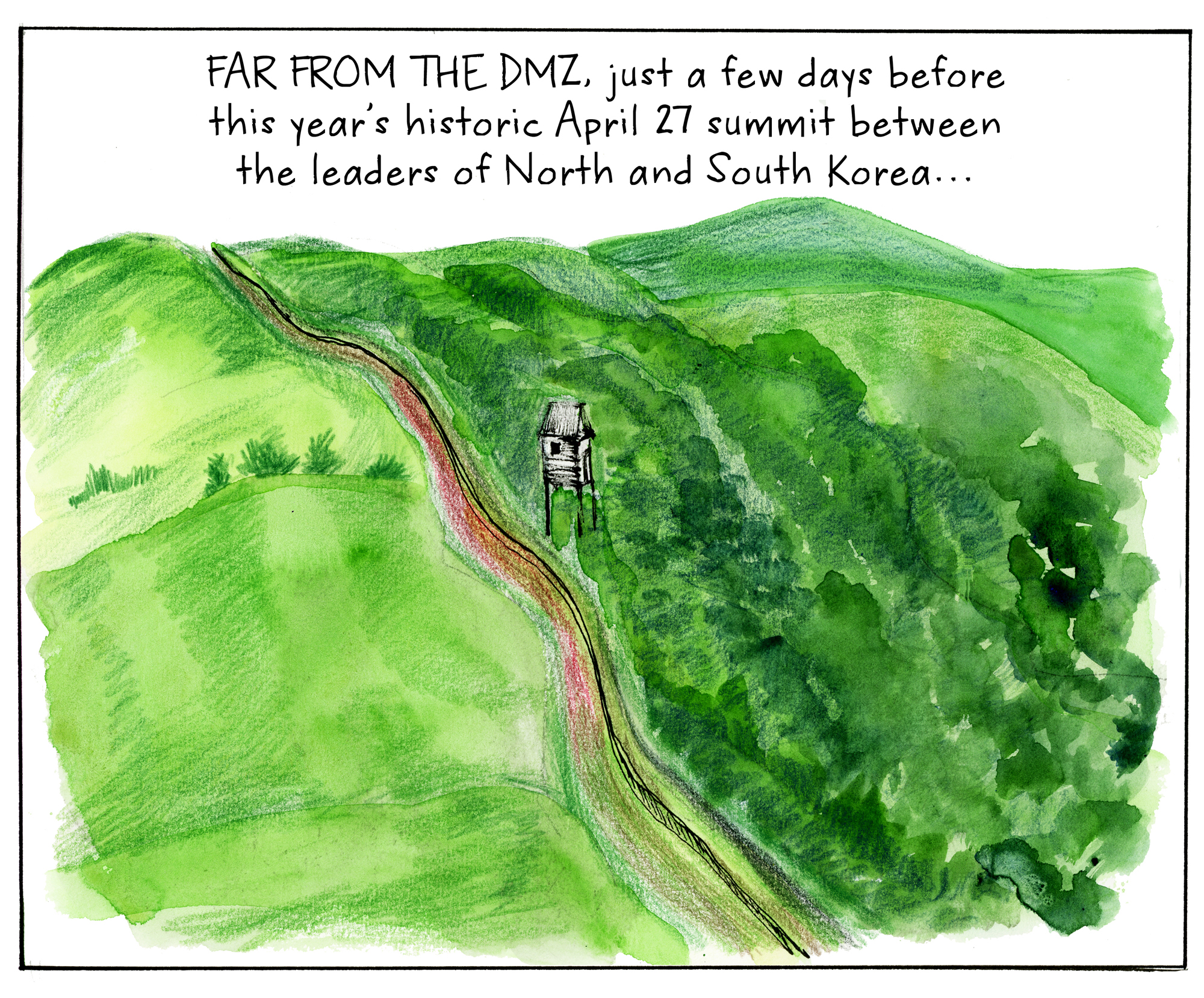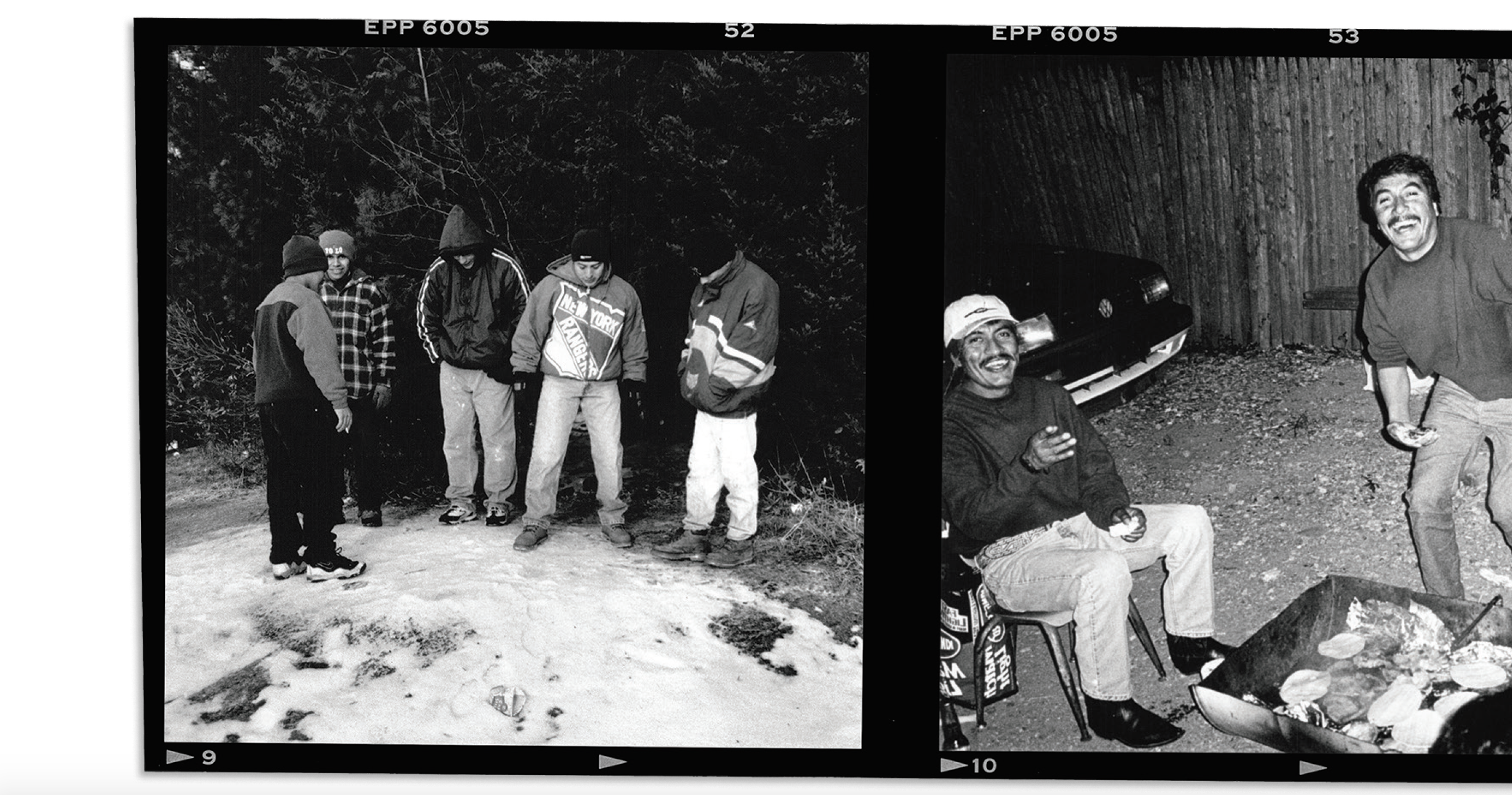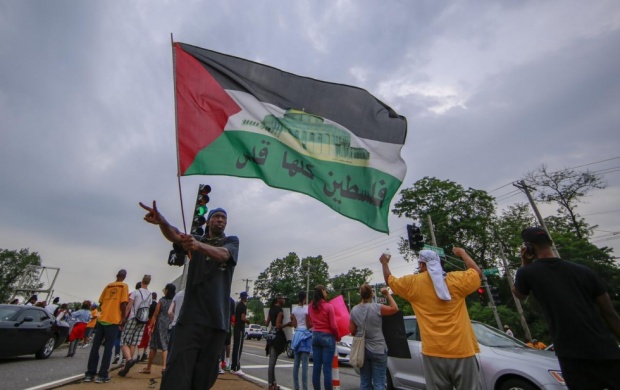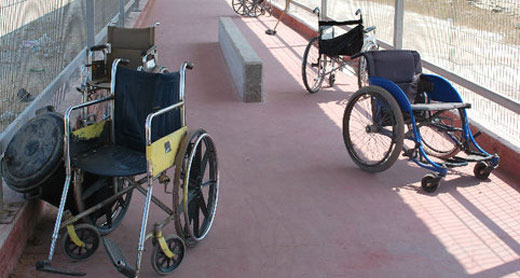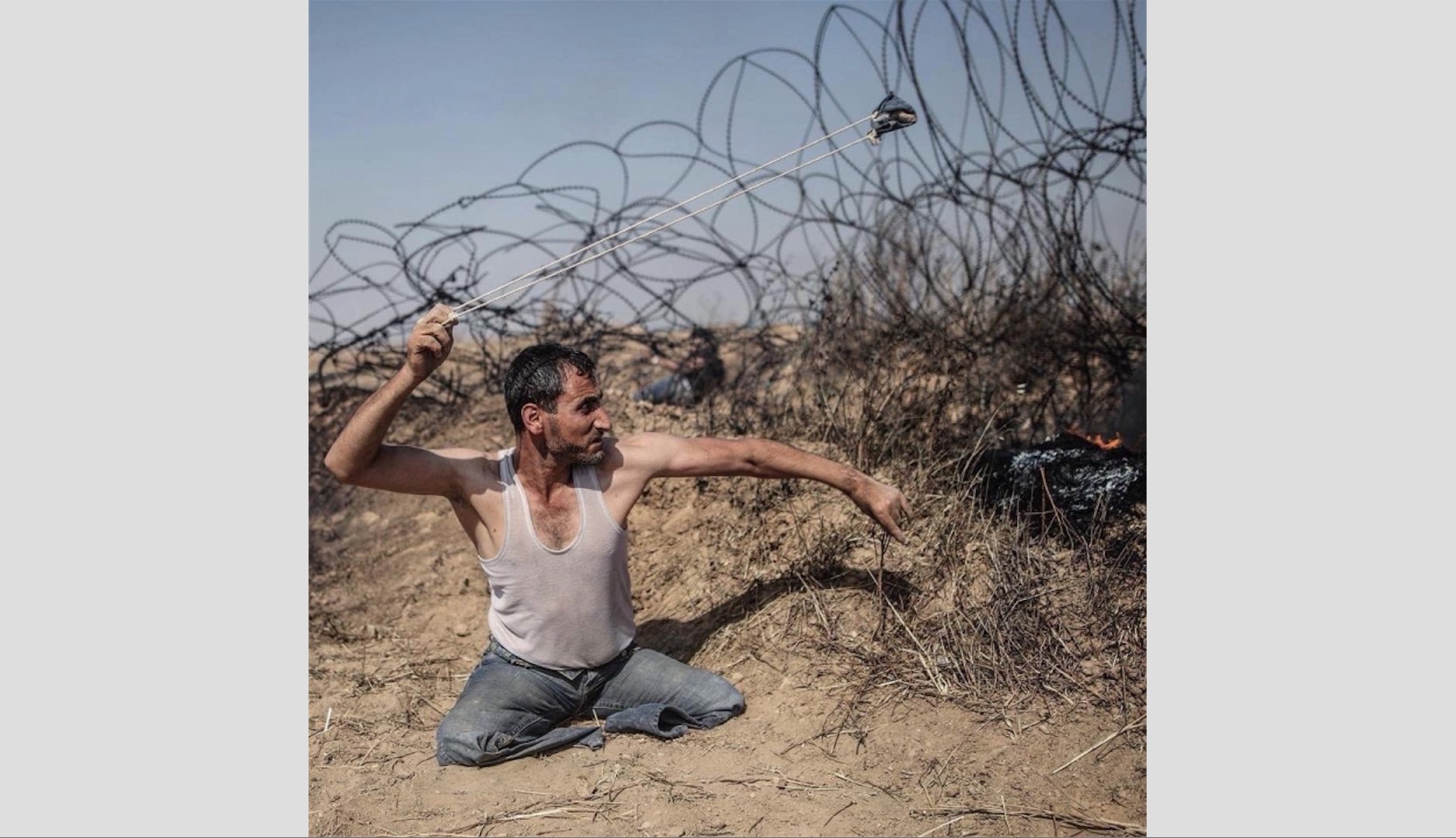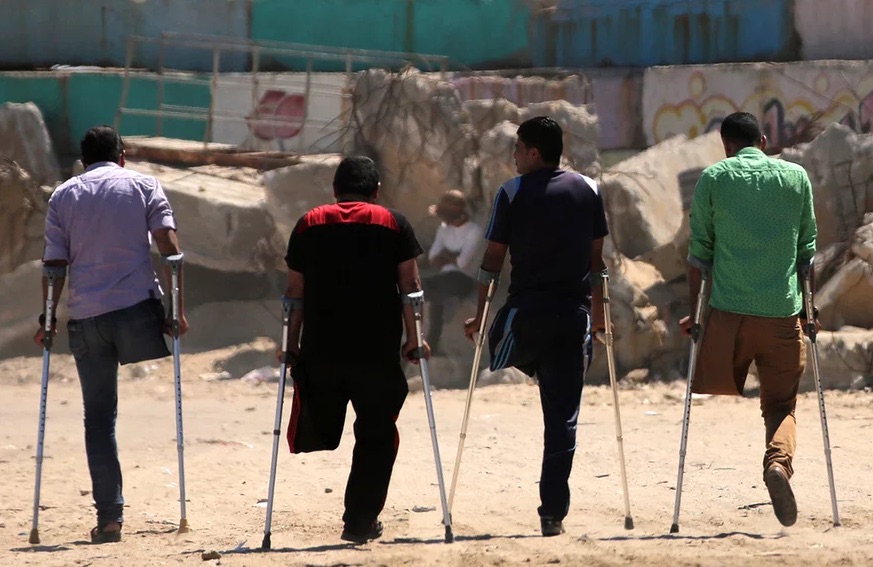The February 2018 Pyeongchang Winter Olympics in South Korea set the stage for the historic inter-Korea and North Korea-US summits, which occurred in quick succession in the following months. The North and South Korean leaders, Chairman Kim Jong Un and … Continue reading “Women as “Dupes,” “Stooges,” and “Armies of Beauties””
Category:
Offering, Seven Boats
Soni KumIn this act, performed along the banks of the Imjin River in South Korea in 2015, I provide an offering that gestures to the relationship between the living and the dead in contemporary society. By providing seven paper boats to … Continue reading “Offering, Seven Boats”
The Sounds of Demilitarized Peace
Patty AhnFigure 1. South Korean soldiers erect a tower of loudspeakers along Korea’s Demilitarized Zone. Figure 2. South Korean soldiers adjust the broadcasts from inside a control room. The sounds of militarized division have permeated the landscape in and around Korea’s … Continue reading “The Sounds of Demilitarized Peace”
Far from the DMZ
Sukjong HongUnmaking Borders to Demilitarize Peace: A Zainichi Korean Experience
Haruki EdaBy the end of Japan’s colonization of Korea (1910-45), over two million Koreans lived in Japan. My grandfather, for instance, came to Japan as a soldier in the Japanese Imperial Army. (I don’t know when.) Others had come to supply … Continue reading “Unmaking Borders to Demilitarize Peace: A Zainichi Korean Experience”
Reconfiguring Representation: Rebecca M. Schreiber’s The Undocumented Everyday
Christian RossipalIn the face of structural dispossession and intensified border regimes, what does it mean to demand or to defy “more visibility” and “better representation” as an undocumented migrant? This is a central question in Rebecca M. Schreiber’s recently published The … Continue reading “Reconfiguring Representation: Rebecca M. Schreiber’s The Undocumented Everyday“
Introduction: Relation, Exception, and the Horizons of Critique in Jasbir Puar’s Work
Peter Coviello and Hentyle YappThis Social Text Periscope dossier offers reflections on Jasbir Puar’s work from Terrorist Assemblages: Homonationalism in Queer Times to The Right to Maim: Debility, Capacity, Disability. With The Right to Maim’s release occurring on the tenth anniversary of Terrorist Assemblages, … Continue reading “Introduction: Relation, Exception, and the Horizons of Critique in Jasbir Puar’s Work”
Race, Affect, and Assemblage: Toward Brown Jouissance
Amber Jamilla MusserTerrorist Assemblages brilliantly illuminates the imbrication of race and affect. While not dispensing with the complex histories that have shaped racial categories, Puar’s book draws our attention to race as an affective landscape—pulling materiality, discourse, and emotions into the fray … Continue reading “Race, Affect, and Assemblage: Toward Brown Jouissance”
blackpalestinian breath
Fred MotenJasbir Puar’s work in The Right to Maim is crucial to understanding not only that the nature of settler colonialism is genocidal but also how that genocidal nature operates. Settler colonialism is, in each and every case, a state operation, … Continue reading “blackpalestinian breath”
Maiming Palestinian Time
Helga Tawil-SouriJasbir Puar’s argument in The Right to Maim of Israel’s deliberate debilitation of Palestinians—by bodily and psychological injury, social exclusion, economic stunting, and political encumberance—is a poignant one. Indeed, one simply has to turn on the news to see tens … Continue reading “Maiming Palestinian Time”
Weaponizing Disability
Liat Ben-MosheThe above image shows a Palestinian man who is a double leg amputee (as a result of being shot by the Israeli Defense Forces) who is sitting on the ground in a sandy area with barbed wire behind him. His … Continue reading “Weaponizing Disability”
Debility’s Shadow in Extractive Zones
Macarena Gómez-BarrisIn a recent presentation at Pratt Institute, Jasbir Puar noted that she often works with shadow terms, or third terms that hides behind two oppositional and binarized concepts. Puar went on to explain that she borrowed the idea of a … Continue reading “Debility’s Shadow in Extractive Zones”
The Political Economy of Homonationalism
Sara R. FarrisWhen Terrorist Assemblages was published back in 2007, the world looked different. The association between queerness and Islamophobic nationalism—which Puar’s pathbreaking book described so well—was just coming to the forefront as a new and odd phenomenon. Centering her attention on … Continue reading “The Political Economy of Homonationalism”
Disabling Wounds: Genocidal Violence, Paradoxical Indigeneity, and the Logic of Elimination of the Native
J. Kēhaulani KauanuiBuilding on the analytics she advanced in Terrorist Assemblages, Jasbir Puar brings her pathbreaking work on the liberal state, sexuality, and biopolitics to bear on our understanding of disability. In The Right to Maim, we see the tenuous inclusion of … Continue reading “Disabling Wounds: Genocidal Violence, Paradoxical Indigeneity, and the Logic of Elimination of the Native”
On Blues Speaker [for James Baldwin]: A Conversation with Mendi and Keith Obadike
Julie Beth NapolinIn January 2016, I had the opportunity to dialogue over email with sound artists Mendi and Keith Obadike. We discussed their site-specific work, Blues Speaker [for James Baldwin](2015), jointly commissioned by the Harlem Stage and the Vera List Center for … Continue reading “On Blues Speaker [for James Baldwin]: A Conversation with Mendi and Keith Obadike”


